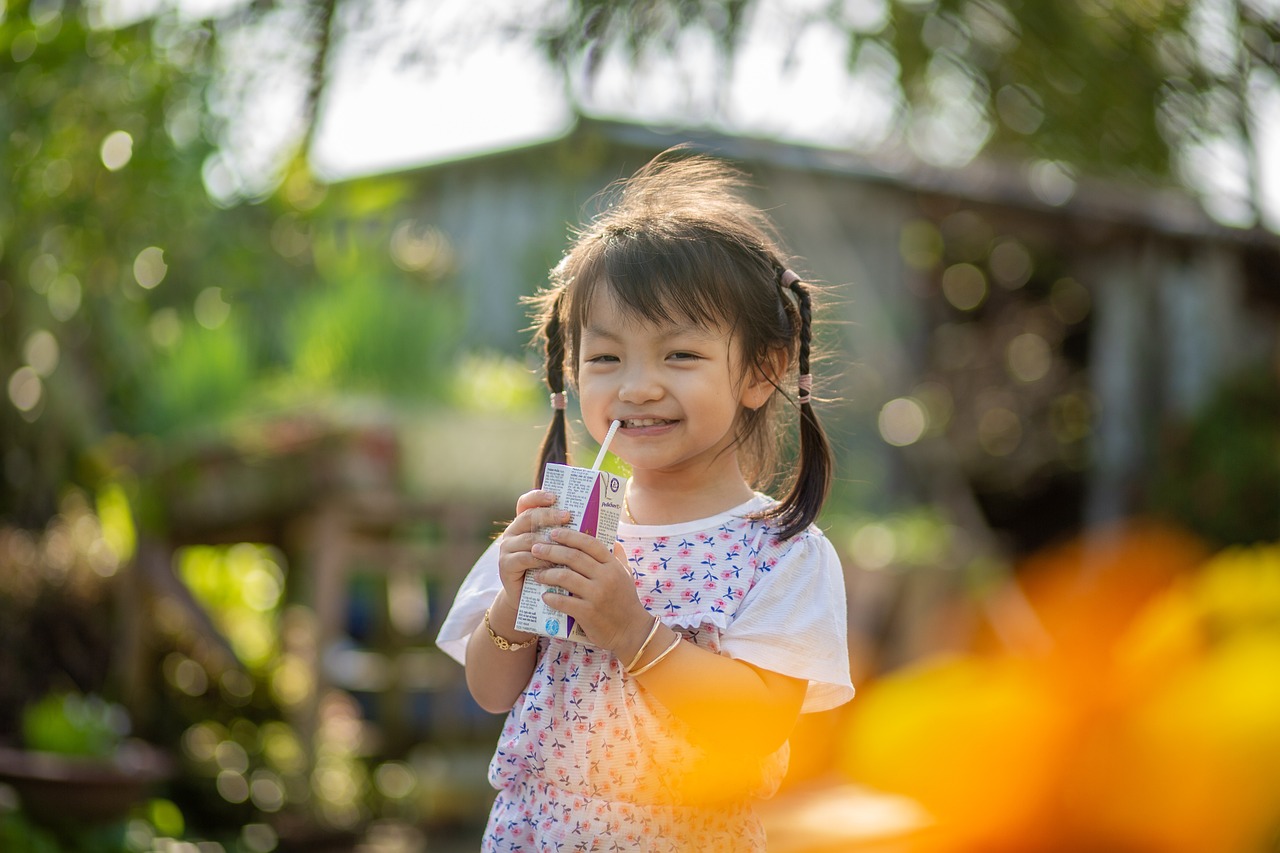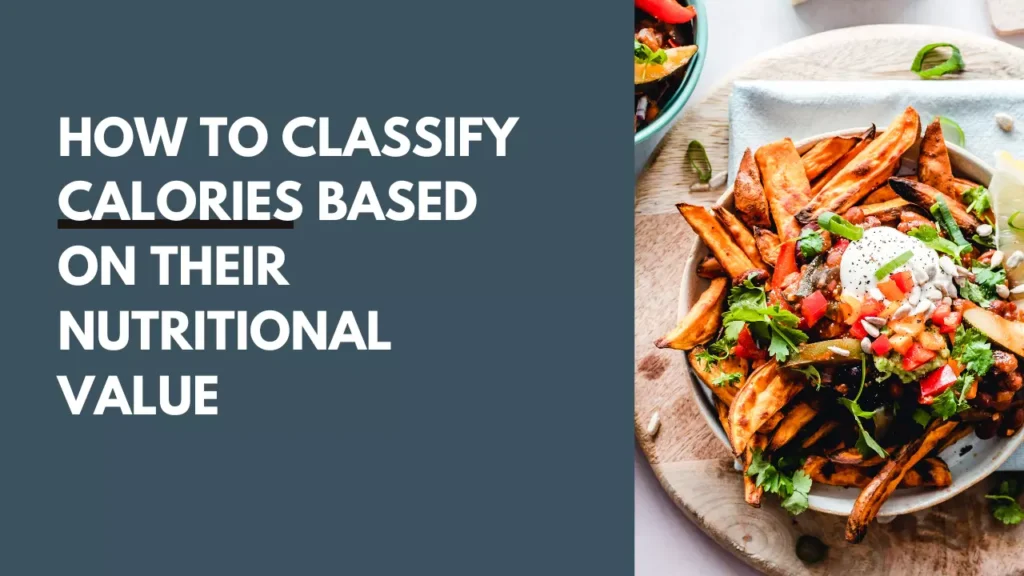
If you stroll by any grocery retailer, the beverage aisle and refrigerated sections are lined with quite a few drinks like bottled coffees and energy drinks created and marketed to concentrate on the attention of kids. If you pop proper right into a Starbucks to grab a day espresso on any weekday, you would possibly even see groups of youthful kids sitting on the tables ingesting elaborate espresso and tea drinks stuffed with caffeine, added sugar and even bits of candy. There is a whole sector of the beverage enterprise catering to kids, in the long run promoting the consumption of caffeine.
Caffeine is a stimulant, which in response to the Alcohol and Drug Foundation, is a class of drugs that velocity up messages touring between the thoughts and physique. This couldn’t sound like the simplest issue for a child who continues to be rising and rising, every inside and out of doors. All of this will more and more go away you questioning, is it protected for youngsters to drink caffeine? We spoke with a pediatrician and took a deeper look into this matter.
Is It Safe for Kids to Drink Caffeine?
Tanya Altmann, M.D., FAAP, a pediatrician and founding father of Calabasas Pediatrics, supplied her reliable and actual notion into this matter, along with some specific examples of circumstances by which she has labored with victims in regard to ingesting caffeine. Currently, there are no federal ideas for caffeine consumption for kids. The American Academy of Child and Adolescent Psychiatry realizes that the majority kids and adolescents drink or eat some kind of caffeine each day, because it’s found “naturally in some plant-based meals and drinks, and could be added to many manufactured merchandise.” However, the AACAP discourages caffeine consumption for youngsters. They reiterate that there is no confirmed protected dosage, nevertheless these 12 to 18 years of age ought to aim to limit their consumption of caffeine to no more than 100 milligrams per day. Those youthful than 12 must completely steer clear of caffeine.
Below is a list of usually consumed caffeine drinks, and the amount of caffeine they embody per 8 ounces.
- Coffee: about 100 mg
- Black Tea: about 50 mg
- Can of Cola: about 25 mg (and usually extreme in added sugar)
- Energy Drinks: Ranging wherever from 40 to 250 mg (and usually extreme in added sugar)
It may very well be virtually not doable for youngsters to steer clear of any and all caffeine, and easily as troublesome for adults to notice every ounce of caffeine a child may be introducing to their physique. This is because of caffeine isn’t merely throughout the points we drink. It’s in numerous meals, as correctly, which is significant for adults to keep in mind when monitoring meals labels, parts and even skincare merchandise like lip balm. According to the AACAP, kids might devour caffeine by points like mints, gummy candy, chewing gum, snack meals, chocolate, cookies and energy bars.
The risk enters when a child may be every ingesting and consuming caffeine often, with out anyone realizing it. Instead of feeling stress over it, Altmann advises adults to speak to a pediatrician, as each toddler is totally totally different. Caffeine is difficult to steer clear of, nevertheless able to be managed by coaching moderation. “[Foods and drinks] all embody fully totally different portions of caffeine. In widespread, I want to say no caffeine earlier noon, whether or not or not in meals or drinks,” Altmann advises.
While every Altmann and the AACAP do not recommend caffeine for youngsters, there are circumstances by which ingesting caffeine might revenue a child. “Kids with ADHD or focus and focus factors might revenue from small portions of caffeine, akin to inexperienced tea throughout the morning or a small amount of plain black espresso,” advises Altmann. This is because of, similar to many ADHD medicine, caffeine acts as a stimulant of their thoughts, aiding in improved focus and job completion. While Altmann prefers that kids do not devour caffeine, she explains that whether or not it’s one factor that can most likely be helpful to them, she is open to recommending the smallest amount needed on a relentless basis after which seeing how they reply.
Additionally, Altmann advises that you’ll want to accumulate an understanding as to why a child really must drink caffeine. “Ask them why they’re asking. To help with focus and focus? Because they similar to the type? Because they should drink what their dad and mother are ingesting?” suggests Altmann. It could also be doable that they are craving the added sugar in a sweet drink that moreover happens to incorporate caffeine (discover that added sugar consumption must ideally be decrease than 25 grams per day). If the child merely wants it “just because,” adults might make fully totally different methods as a substitute of caffeine, akin to glowing water, a selfmade smoothie, coconut water, decaffeinated pure teas or a 100% fruit juice.
Potential Risks of Caffeine for Kids
Even with out extreme caffeine consumption, kids who usually drink caffeine ought to nonetheless be at risk for long-term factors, in response to the AACAP. This would possibly embrace elevated stress hormone ranges, withdrawals when caffeine consumption stops, elevated risk of panic, violence or substance use points, and further problem quitting totally different substances, akin to nicotine. Here are one other potential risks to ponder regarding caffeine and kids.
Side Effects and Caffeine Overdose
The negative effects kids might experience when ingesting caffeine are similar to adults. “Too so much caffeine might trigger feelings of being jittery and nervous, upset stomach, issues, points with focus, hassle sleeping, faster coronary coronary heart charge and elevated blood pressure,” advises Altmann. In extreme circumstances, kids can also experience caffeine overdose, which may embrace vomiting, hypertension, coronary coronary heart rhythm points and, a lot much less usually, disorientation and hallucinations.
According to the AACAP, “Each 12 months, a whole lot of people, a couple of of them kids, get hold of emergency remedy related to caffeine use. Youth with positive nicely being circumstances akin to coronary coronary heart points, seizures or migraines may be further at risk for caffeine-related points than others.”
Withdrawal Symptoms
Altmann explains that “abruptly stopping caffeine might set off withdrawal indicators like issues, low energy and irritability for people who drink numerous it.” Caffeine is a stimulant that can improve alertness, nevertheless the quick improve you get from ingesting caffeine is due to receptors throughout the thoughts shortly turning on and off. Caffeine does not current energy which will ultimate, and what goes up ought to inevitably come down. She goes on to elucidate that “caffeine might make coronary coronary heart points or nervousness worse for youngsters who’re at risk.”
Excess Added Sugar Intake
Many caffeinated drinks are moreover loaded with added sugar. Regularly consuming further added sugar may end up in a myriad of factors for kids, from tooth decay and cavities to rising the hazard for insulin resistance, type 2 diabetes and obesity. Altmann explains that “caffeinated drinks—like cola, espresso drinks and energy drinks—don’t have nutritional vitamins, dietary nutritional vitamins and minerals that rising kids need.” If a child begins ingesting sweetened drinks at a youthful age, it’d further improve the hazard of every short- and long-term nicely being factors rising shortly. In actuality, the American Heart Association recommends that added sugar should not be even included throughout the meals plan of any toddler under age 2.
Frequently Asked Questions
1. What are the potential long- and short-term outcomes ingesting caffeine might have on a child?
Potential short-term outcomes might embrace insomnia, nervousness, jitters, upset stomach, issues, lack of urge for meals and elevated coronary coronary heart charge. Potential long-term outcomes might embrace elevated stress hormone ranges, excessive consumption of added sugar, mood points and problem quitting or limiting totally different substances (like alcohol or nicotine) in the end.
2. At what age can a child safely devour caffeine?
There isn’t any acknowledged protected amount of caffeine for anyone age 11 or youthful. Pediatricians advise in opposition to caffeine for kids under 12, “and in opposition to any use of energy drinks for all kids and youths.” According to the Food and Drug Administration, energy drinks can have larger than twice the caffeine as an equal amount of espresso. If a child age 12 to 18 does drink caffeine, pediatricians moreover suggest limiting caffeine to 100 milligrams every day, which is the equal of 8 ounces of plain espresso or 16 ounces of plain black tea.
3. How can I resolve if—and the best way so much—caffeine is in a drink for my kids?
The AACAP advises checking product labels and ingredient lists to know how so much caffeine is in a product, and to know that fully totally different drinks embody varied portions of caffeine. Additionally, dad and mother and caretakers ought to know that there are quite a few fully totally different drinks that embody caffeine. In addition to the apparent—like espresso and tea—it’s moreover important to observe the caffeine content material materials in soda, iced tea, energy drinks, chocolate- and coffee-flavored drinks, pre-made smoothies and even some fruit juice drinks.
The Bottom Line
Pediatricians and medical professionals advise in opposition to kids ingesting caffeinated drinks. It is useful that kids under the age of 12 do not devour caffeine in any form, and that kids ages 12 to 18 do not devour larger than 100 milligrams of caffeine every day. The feeling of energy that caffeine offers is from its stimulant outcomes, not because of it offers exact usable energy for our cells (aka power). Therefore, it is not basically harmful for youngsters ages 12 to 18 to drink caffeine fastidiously, nevertheless it is not helpful since they’re nonetheless rising and rising, every mentally and bodily.
While it may very well be troublesome to cease a child from consuming any caffeine the least bit, there are quite a few strategies for adults to know the potential affect caffeine might have. Monitor the amount of caffeine a child is consuming by learning labels, talking to a pediatrician and paying attention to which drinks and meals embody caffeine—and the best way so much.



